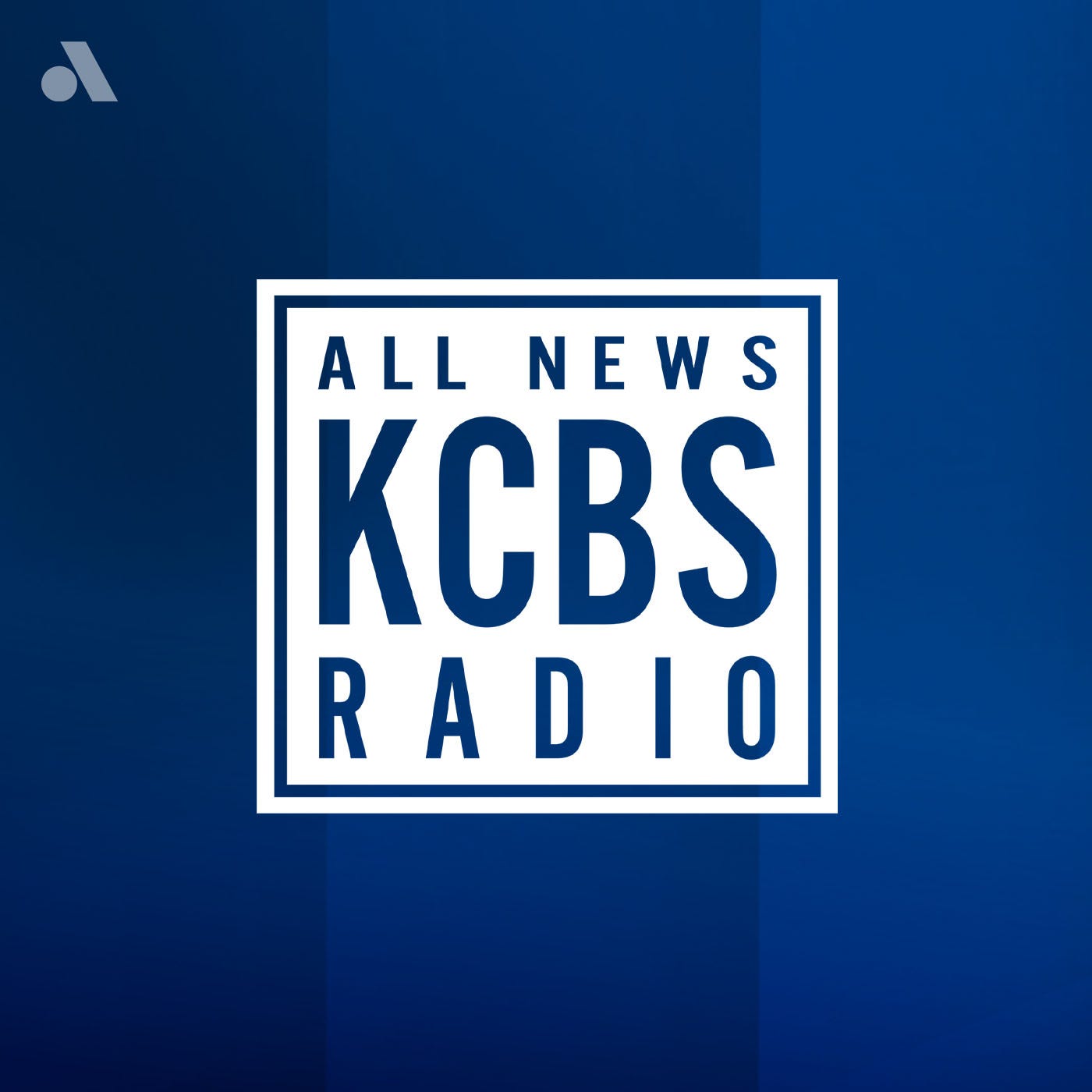Dr. Peter Chin-Hong, an infectious disease expert and Professor of Medicine in the UCSF School of Medicine, is "wildly enthusiastic" about a COVID-19 test that just received federal approval.
For more, stream KCBS Radio now.

The U.S. Food and Drug Administration on Thursday granted an emergency use authorization to the first COVID breathalyzer test. InspectIR's device correctly identified 91.2% of positive tests in a study of more than 2,400 of people, and 99.3% of negative results. A follow-up study produced similar results with the highly contagious omicron variant, according to the agency.
Chin-Hong said Friday in an interview with KCBS Radio's Jeff Bell and Patti Reising that the test, which officials said can provide results in fewer than three minutes, would be ideal for scenarios in which results are needed quickly.
"Say you're going to the airport, or a restaurant, or a large gathering or even the doctor's office: This technology can quickly determine if you are at high risk for having COVID, as well as if you're safe to enter," he noted.
Because the test is "non-invasive," Chin-Hong said he was bullish on the technology’s potential to provide accessible tests. There are a few hurdles to clear before then.
Under the FDA authorization, the test can only be performed by "a qualified, trained operator under the supervision of a health care provider" who is licensed to perform coronavirus testing, according to Thursday's release. Doctor's offices, hospitals and mobile testing sites are among the potentially eligible locations, the agency said.
Plus, InspectIR said it expects to be able to produce about 100 testing instruments per week, each of which can perform about 160 tests per day. That’s about 64,000 additional tests per month, which won’t go far toward bridging widening testing gaps.
But Chin-Hong said the ease with which someone can be trained to use the device bodes well for a time when production can be ramped up.
"Ideally, anybody could be trained to do it, just like when we think about using breathalyzers in other scenarios, like with drunk driving," he said. " ... It's not rocket science, per se. It just has to be done well and within guidelines but, again, it could be scaled up and most people could be trained to do this."
LISTEN to KCBS Radio
FAVORITE KCBS Radio
Facebook | Twitter | Instagram

